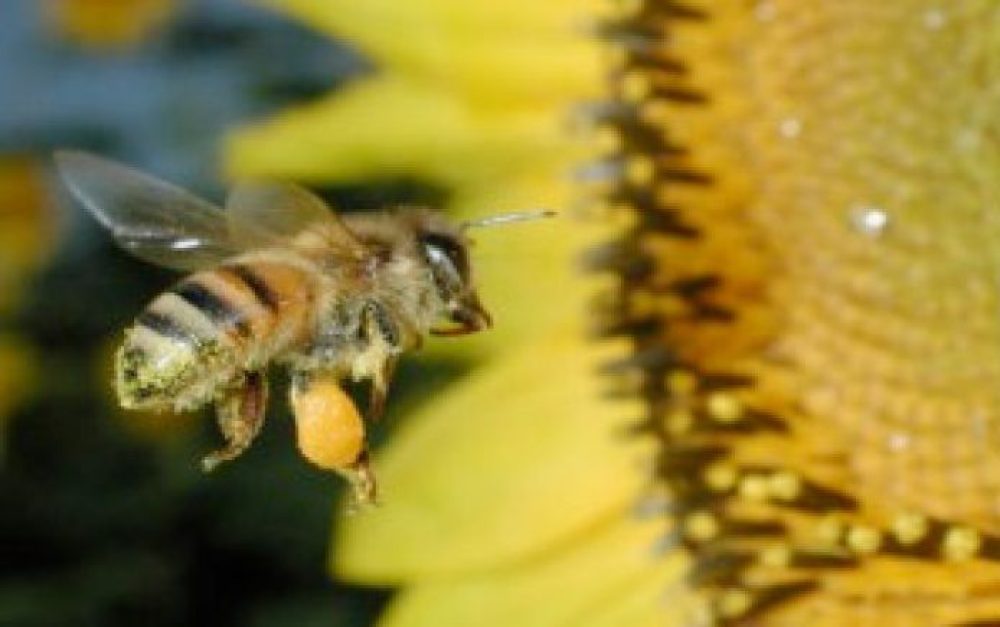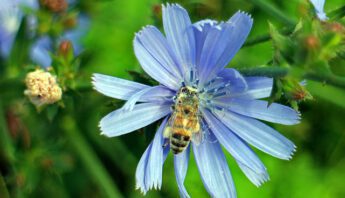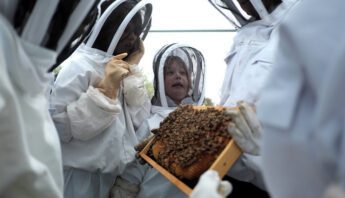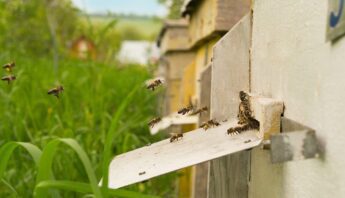The United Nations Environmental Programme (UNEP) released a report this week focused on the recent global phenomenon of honey bee deaths, indicating that colony disorders put pressure on an already taxed food system, and urging a shift towards more ecological farming.
Crop yields diminish in the absence of enough pollinators. While pollination biologists doubt that pollinator decline will directly result in a food security crisis, more acres of land – along with increasingly scarce, fresh water resources – will need to be put into agricultural production in order to meet demand for food and fiber.
The report highlights alternative agricultural approaches such as farming without pesticides both as a way to protect bees and other pollinators and to create an agricultural system that is more resilient to climate change. The report concludes that an overall shift in how we think about our food production is necessary: "Economic assessments of agricultural productivity should include the costs of sustaining wild and managed pollinator populations."
'Tip of the iceberg'
The study's lead author, Peter Neumann, called bee deaths "the tip of the iceberg," warning that this may be an indicator of a bigger problem impacting a wide range of pollinators. Bees are understood to be keystone indicator species.
Of the 100 crop species that provide 90 percent of the world's food, over 70 are pollinated by bees.
Their decline points to, and will likely precipitate, larger environmental degradation as the ecosystem services provided by bees disappear.
Pollination is the key ecosystem service. In the U.S. alone, honey bee pollination services are estimated at $15 billion per year, and the crop acreage requiring these services stands at an all-time high – even as bee populations are declining here more precipitously than in most of the rest of the world. Each year since 2006, U.S. honey bee losses have ranged between 29% and 36%:
- 2006 – 2007 :: 32% loss
- 2007 – 2008 :: 36% loss
- 2008 – 2009 :: 29% loss
- 2009 – 2010 :: 34% loss
These figures more than double the 15% annual loss rate that beekeepers consider acceptable.
We often say that bees are responsible for a third of everything we eat. Achim Steiner, head of UNEP, cites an even more sobering statistic: "Of the 100 crop species that provide 90 percent of the world's food, over 70 are pollinated by bees."







